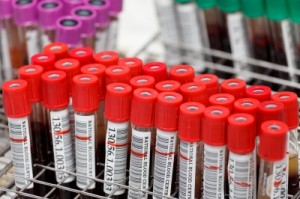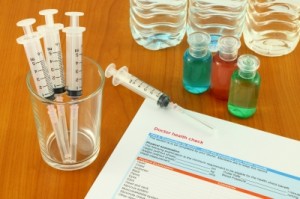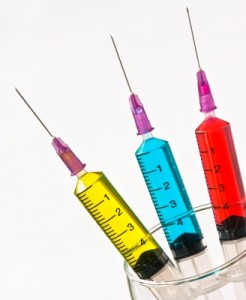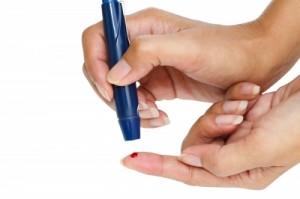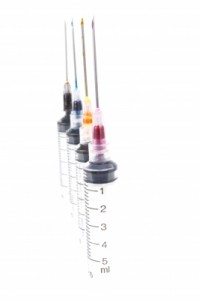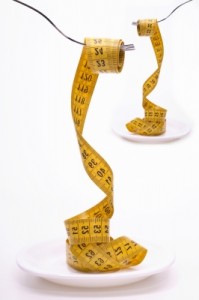Sometimes called Lhermitte’s sign, electric shock sensations that travel down your back and behind your legs may signal vitamin B12 deficiency, or several other debilitating conditions. Here are the facts on that spine-tingling phenomenon, and other signs of vitamin B12 deficiency.
Lhermitte’s Syndrome
Lhermitte’s syndrome is also referred to as Barber Chair Phenomenon. Patients describe painful numbness and an electric shock feeling that shoots down the spine and the backs of the legs, particularly while bending the neck forward and looking down.
The characteristic electric shock symptoms are common with multiple sclerosis (MS), but also occur with long-term vitamin B12 deficiency anemia, as both are demyelinating illnesses that cause damage to the nervous system.
If Vitamin B12 Deficiency Mimics Multiple Sclerosis, How do you tell the Difference?
Still, many health problems can cause electric shocks along the spinal cord. In addition to MS and vitamin B12 deficiency, others include:
- Transverse myelitis
- Radiation myelopathy
- Behçet’s disease
- Spine and neck injuries
- Hernias
- Tumors
- Withdrawal symptoms of antidepressants and narcotics
In the early 80’s, scientists noted Lhermitte’s sign in people who habitually abused nitrous oxide, which caused electric shocks from vitamin B12 deficiency.
Electric shock treatment?
To find out if Lhermitte’s sign is from vitamin B12 deficiency, take a blood test, and also familiarize yourself with the common signs of vitamin B12 deficiency. If your vitamin B12 levels are very low, then you will need to supplement with extra vitamin B12 for several months until symptoms disappear.
Symptoms of vitamin B12 depletion are:
- Electric shock sensations
- Headache
- Muscle spasms
- Muscle weakness
- Painful numbing and tingling in the arms and legs
- Difficulty controlling muscle movements
- Digestive problems
- Fatigue
- Depression
- Anxiety
- Memory loss
Your turn!
Do you have any questions or suggestions? Please leave your comments below.
Share with your friends!
If you found this article helpful, then please share with your friends, family, and coworkers by email, twitter, or Facebook.
Like this? Read more:
Painful Tingling in Hands and Feet- What’s Up with That?
Vitamin B12- How Long Before I See Results?
40 Symptoms of Vitamin B12 Deficiency: the Ultimate Checklist
Sources:
Lhermitte’s sign as the presenting symptom of vitamin B12 deficiency.
Image courtesy of graur razvan ionut/Free Digital Photos

